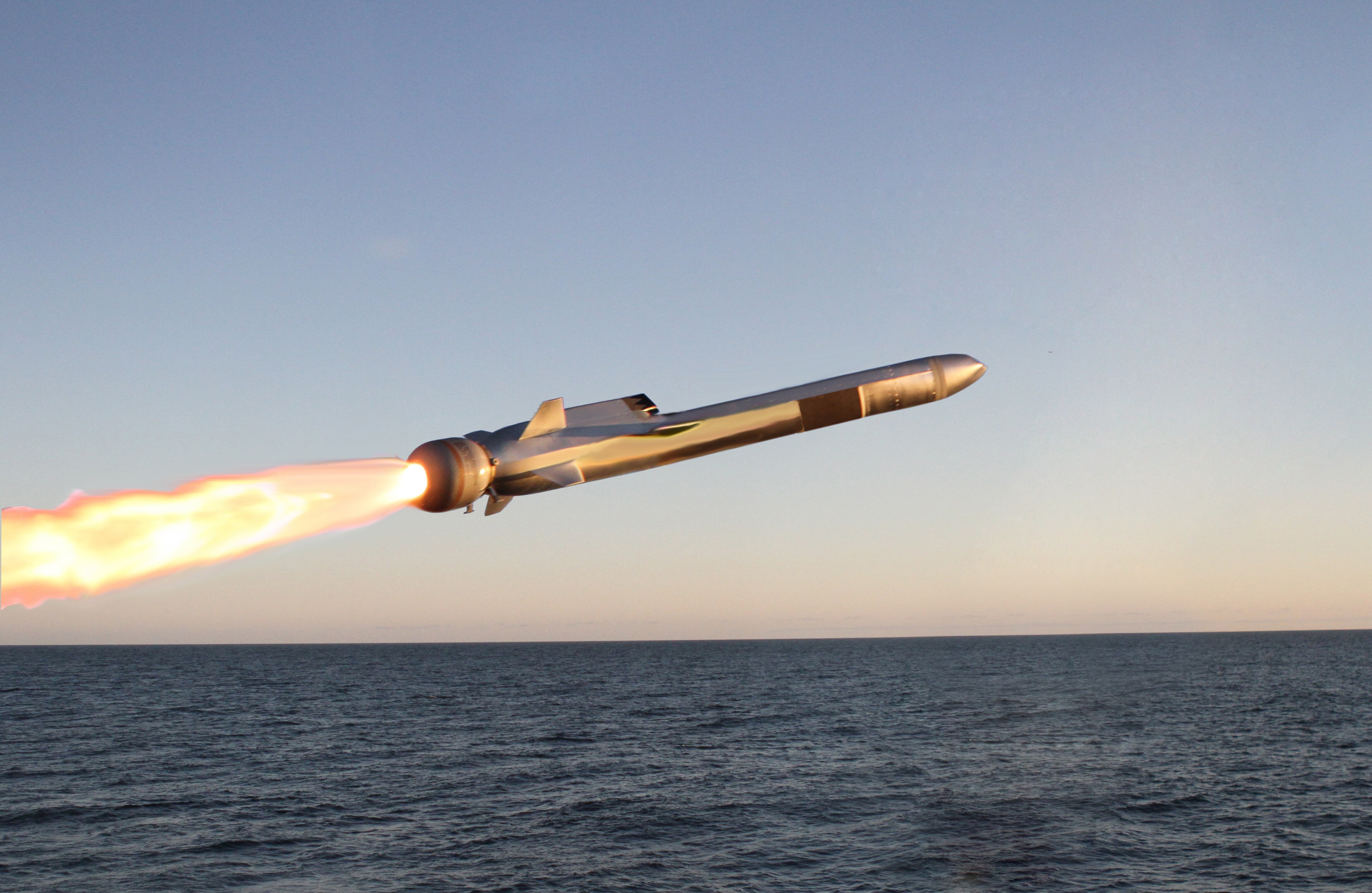One of the main weapons that Marines need to stay in the future fight, an anti-ship missile, is scheduled for a test fire in June.
The push for a way for Marines to strike and sink ships ― shooting from land to sea ― has been a recent priority for the Corps.
That’s because, as of right now, the Marines can fire from a ship to the shore using the long-running High Mobility Artillery Rocket System. It’s a weapon designed for land fires, but being used a ship deck.
But that same system has a hard time hitting a moving target, Marine leaders said Thursday at the combined Army and Marine Corps ground modernization hearing with a subcommittee of the House Armed Services Committee.
“What we are seeking now is a system with an active warhead that can go after a ship,” said Lt. Gen. Eric Smith, commanding general for Marine Corps Combat Development Command.
And it comes with a lengthy title, according to recent budget documents: The Ground-based Anti-ship Missile, or GBASM, and Remotely Operated Ground Unit Expeditionary, or ROGUE, fires vehicle.
They’ll be combining one of the Corps’ newest ground vehicles, the Joint Light Tactical Vehicle, with a sled and the Naval Strike Missile to get out past the 750 km and beyond, Smith said. But the JLTV will be remotely operated, according to budget documents.
That kind of distance is necessary as the Corps sees itself in a potential fight in the South China Sea or other areas of the Pacific where targets might reside at those long ranges.
The Corps successfully tested the capabilities of the sled that will hold the system with the JLTV in December 2019, Smith said.
It all folds into the war fighting concepts that Marine Commandant Gen. David Berger has pushed in which Marine units, some platoon or squad-sized, would take pieces of ground for short periods and conduct sea control and sea denial for naval commanders.
“We have to get (anti-ship missile) to be what the Navy commanders, fleet commanders need,” Smith said.
Todd South has written about crime, courts, government and the military for multiple publications since 2004 and was named a 2014 Pulitzer finalist for a co-written project on witness intimidation. Todd is a Marine veteran of the Iraq War.





